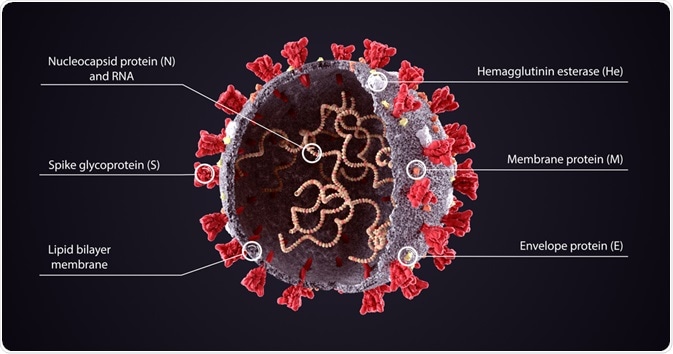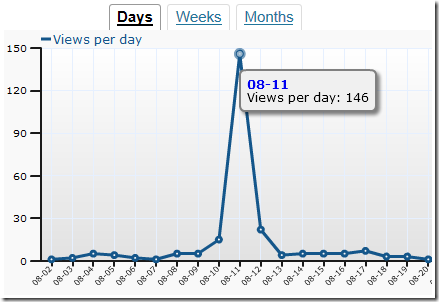SARS-CoV-2 spike protein promotes inflammatory cytokine activation and aggravates rheumatoid arthritis, Cell Communication and Signaling
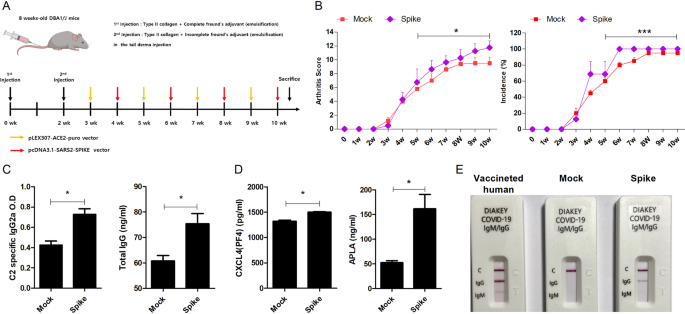
By A Mystery Man Writer
Background Coronavirus disease 2019 (COVID-19) induces inflammation, autoantibody production, and thrombosis, which are common symptoms of autoimmune diseases, including rheumatoid arthritis (RA). However, the effect of COVID-19 on autoimmune disease is not yet fully understood. Methods This study was performed to investigate the effects of COVID-19 on the development and progression of RA using a collagen-induced arthritis (CIA) animal model. Human fibroblast-like synoviocytes (FLS) were transduced with lentivirus carrying the SARS-CoV-2 spike protein gene in vitro, and the levels of inflammatory cytokine and chemokine expression were measured. For in vivo experiments, CIA mice were injected with the gene encoding SARS-CoV-2 spike protein, and disease severity, levels of autoantibodies, thrombotic factors, and inflammatory cytokine and chemokine expression were assessed. In the in vitro experiments, the levels of inflammatory cytokine and chemokine expression were significantly increased by overexpression of SARS-CoV-2 spike protein in human FLS. Results The incidence and severity of RA in CIA mice were slightly increased by SARS-CoV-2 spike protein in vivo. In addition, the levels of autoantibodies and thrombotic factors, such as anti-CXC chemokine ligand 4 (CXCL4, also called PF4) antibodies and anti-phospholipid antibodies were significantly increased by SARS-CoV-2 spike protein. Furthermore, tissue destruction and inflammatory cytokine level in joint tissue were markedly increased in CIA mice by SARS-CoV-2 spike protein. Conclusions The results of the present study suggested that COVID-19 accelerates the development and progression of RA by increasing inflammation, autoantibody production, and thrombosis. Video Abstract

SARS-CoV-2 spike protein induces inflammation via TLR2-dependent activation of the NF-κB pathway
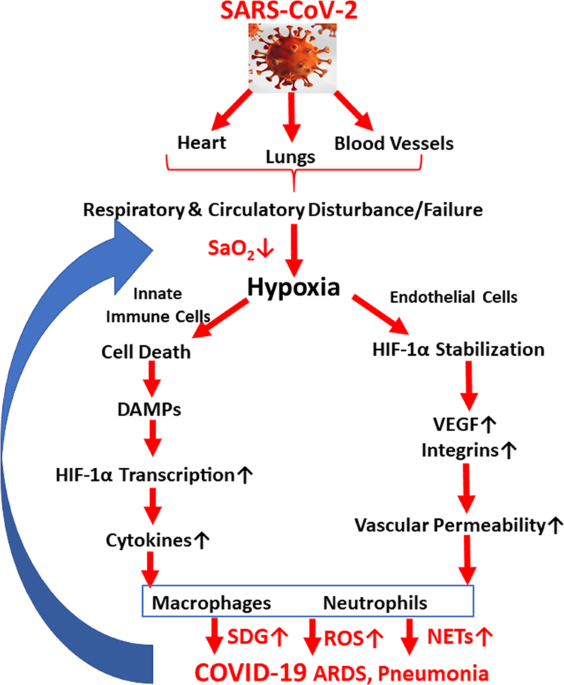
Hypoxia, HIF-1α, and COVID-19: from pathogenic factors to potential therapeutic targets
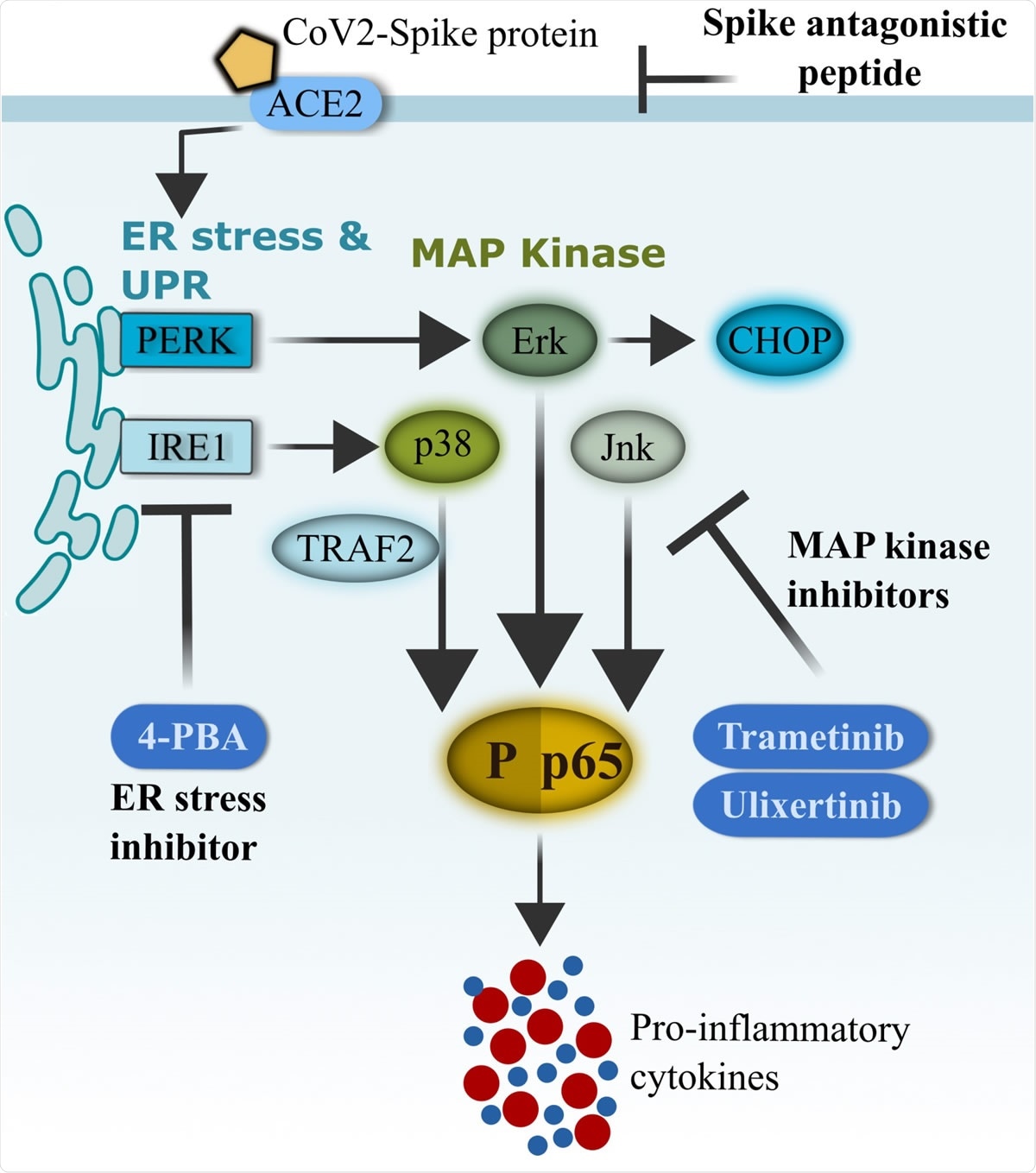
Study confirms SARS-CoV-2 spike glycoprotein promotes a hyper-inflammatory immune response
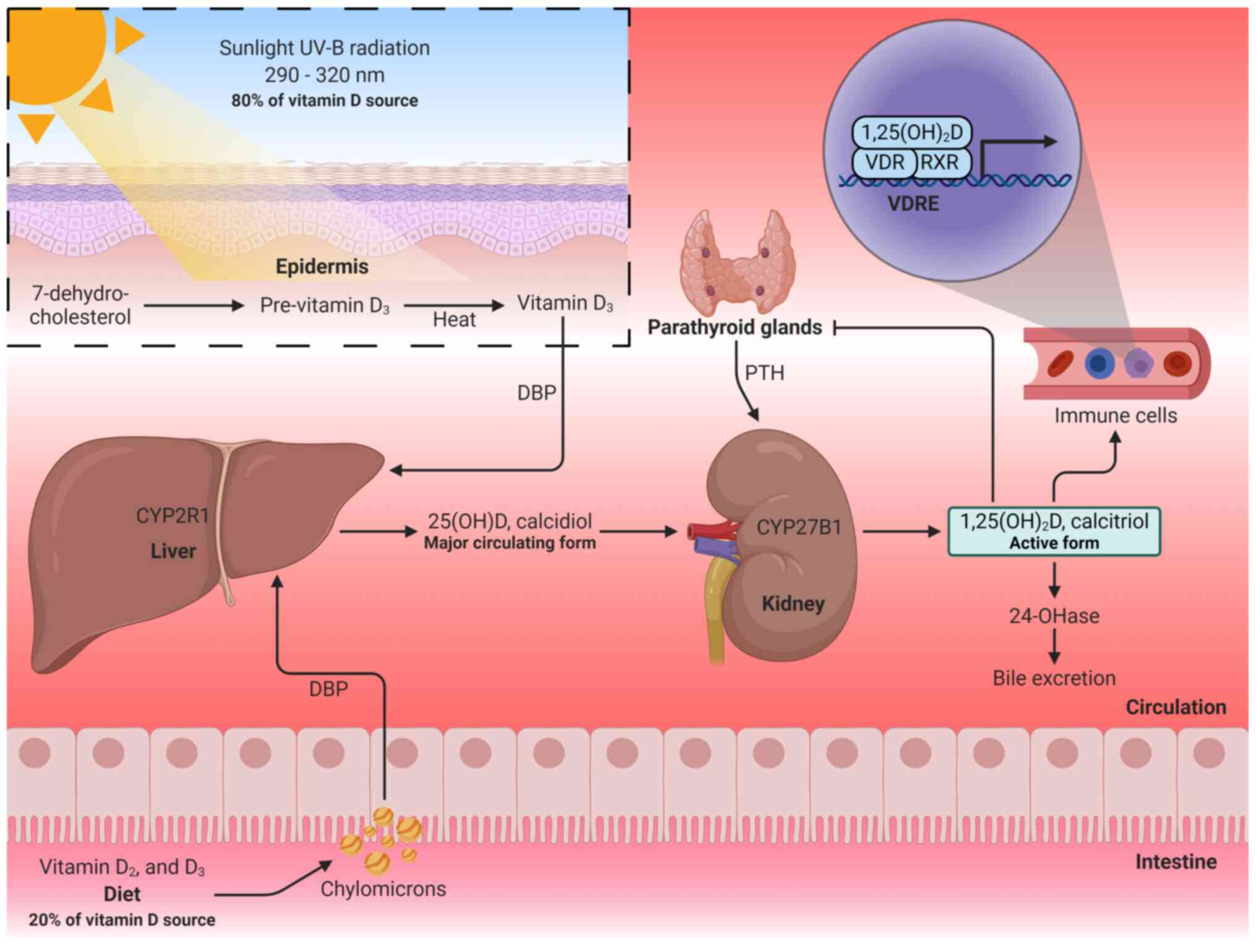
Potential immunomodulatory effects of vitamin D in the prevention of severe coronavirus disease 2019: An ally for Latin America (Review)

FOXP3 Antibody PE 12-5773-82 from Thermo Fisher Scientific

APC anti-mouse CD25 102012 from BioLegend

Phosphatases in toll-like receptors signaling: the unfairly-forgotten, Cell Communication and Signaling

Inhibition of IRAK4 dysregulates SARS-CoV-2 spike protein-induced macrophage inflammatory and glycolytic reprogramming
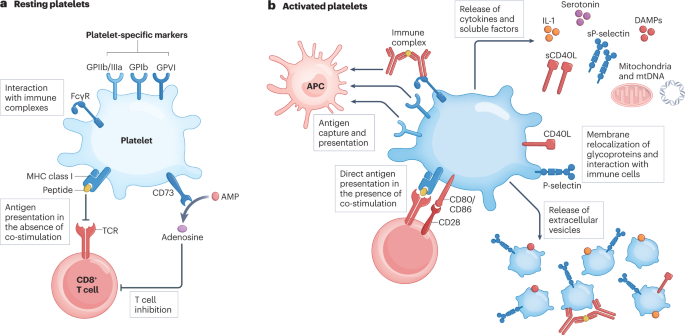
The role of platelets in immune-mediated inflammatory diseases

Viruses: What triggers inflammation in COVID-19?

Systematic functional analysis of SARS-CoV-2 proteins uncovers viral innate immune antagonists and remaining vulnerabilities - ScienceDirect

CXCL4/PF4 ELISA DY595 from R&D Systems, a Bio-Techne Brand

Role of the S100 protein family in rheumatoid arthritis, Arthritis Research & Therapy

PDF) SARS-CoV-2 spike protein promotes inflammatory cytokine activation and aggravates rheumatoid arthritis

CXCL4/PF4 ELISA DY595 from R&D Systems, a Bio-Techne Brand
- Women's Cotton Nighty Batik Print Maxi Soft Fabric Nightgown,Sleepwear Comfortable,wear for Women( Multicolor Pack of 4) combo-NT0-1

- Shawn Spears Reveals Why He's Back In WWE Following Shocking Return On 2/27 NXT - SEScoops Wrestling

- Girls Training Bra with Removable Padded for 8-10-12-14 Years Old,Mini-A Cup Pad&Wireless Bras for Girls,Comfort Seamless, 1 Pack

- Buy meizu88Men's Sexy Low Waist Long U Bulge Pouch Elephant Trunk Underwear Briefs Online at desertcartSeychelles

- Oysho Sport, Milano cycling session – Alex Olgiati


